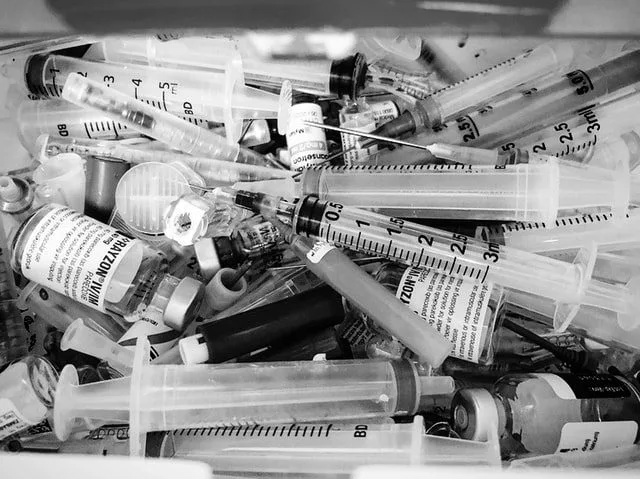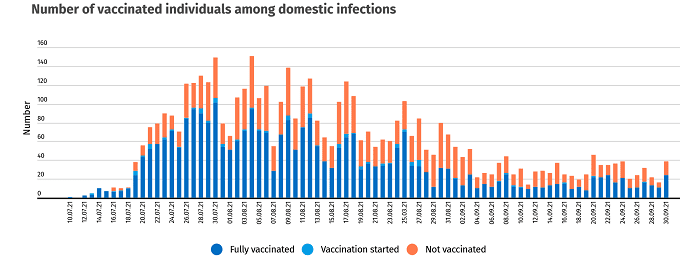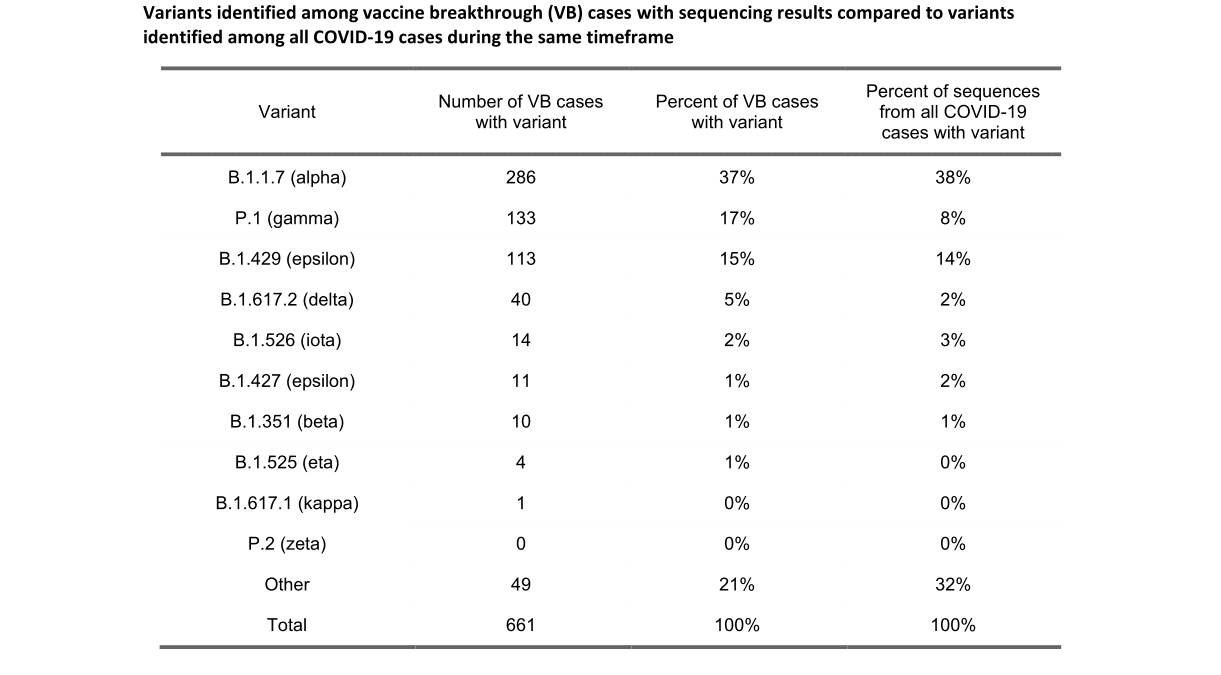
Evidence for increased vaccine breakthrough rates of coronavirus variants of concern in BNT162b2 Pfizer-BionTech mRNA vaccinated individuals
Here, we performed a case-control study that examined whether BNT162b2 (Pfizer-BionTech) vaccinees with documented SARS-CoV-2 infection were more likely to become infected with B.1.1.7 or B.1.351 compared with unvaccinated individuals.
Vaccinees infected at least a week after the second dose were disproportionally infected with B.1.351 (odds ratio of 8:1). Those infected between two weeks after the first dose and one week after the second dose, were disproportionally infected by B.1.1.7 [UK variant] (odds ratio of 26:10), suggesting reduced vaccine effectiveness against both VOCs under different dosage/timing conditions. Nevertheless, the B.1.351 [SA variant] incidence in Israel to-date remains low and vaccine effectiveness remains high against B.1.1.7, among those fully vaccinated. These results overall suggest that vaccine breakthrough infection is more frequent with both VOCs, yet a combination of mass-vaccination with two doses coupled with non-pharmaceutical interventions control and contain their spread.
Photo by Hennie Stander on Unsplash





